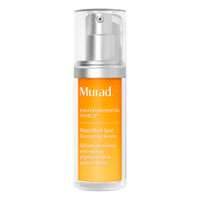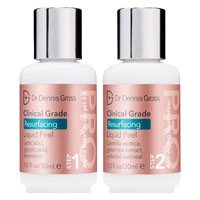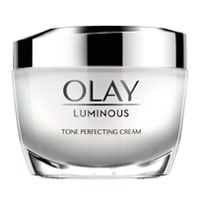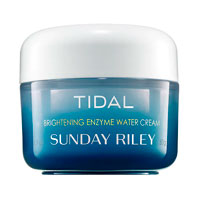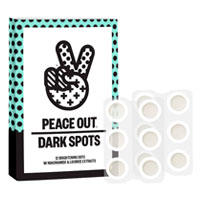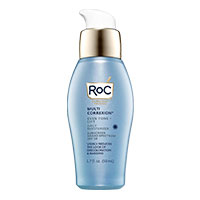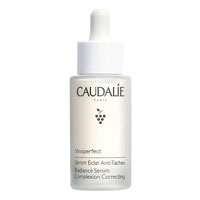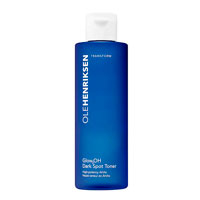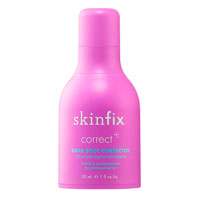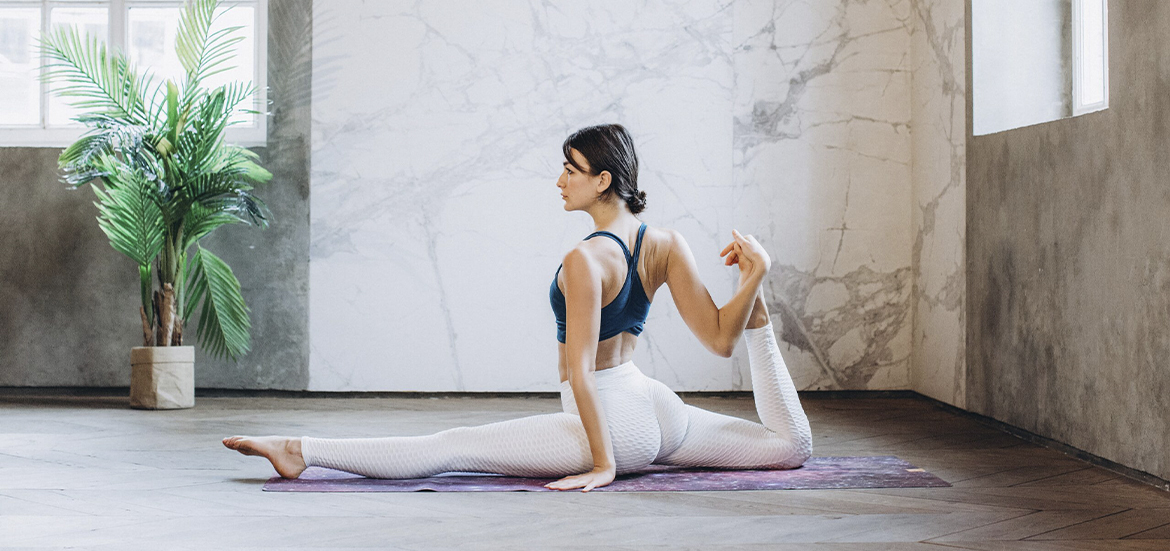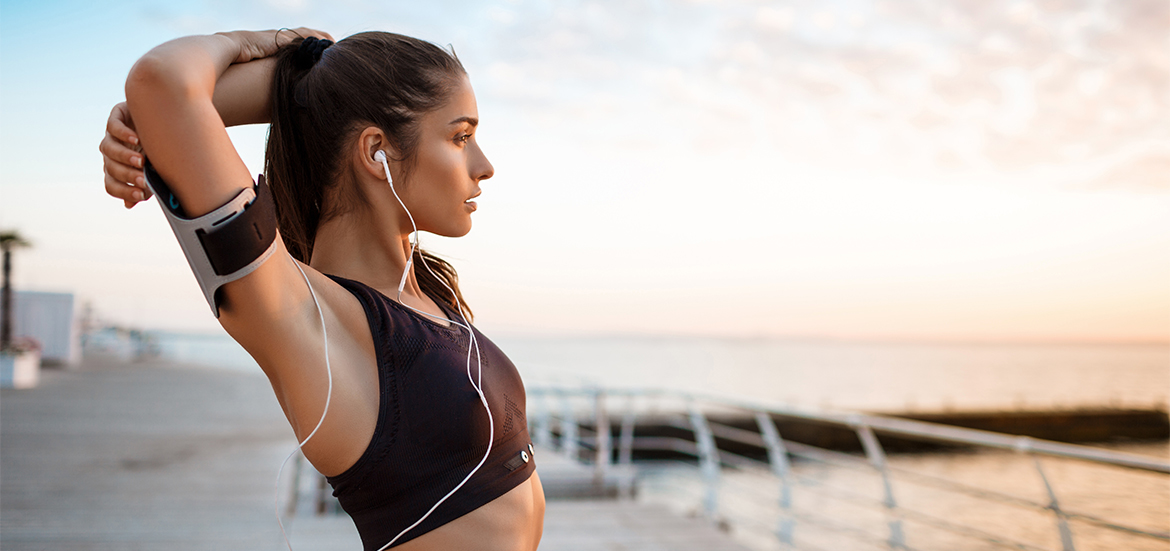
How To Banish
Age Spots
What are those brown spots that keep popping up on your skin? You might notice more of them pop up on your face, arms, and chest as you age. Chances are, they're age spots, but you should always get new skin lesions that don't heal checked out by a dermatologist. If you have age spots, don't panic! They aren't dangerous. These brown, black, or gray areas are a product of too much sun exposure. Age spots, also known as solar lentigines, are flat, not raised like a mole, and their appearance comes from clumping together of melanin-producing cells called melanocytes. It's melanin that gives your skin and hair color and your skin produces more of it when you expose it to sunlight.
What Causes Age Spots?
You might wonder how these annoying pigmented areas get started. When you expose your skin to the sun over many years, melanocytes go into overdrive and have a pigment-producing party. The dark pigment builds up and the melanocytes stick together and form discrete spots on the skin. You're most likely to have age spots on parts of your body that are most exposed to the sun.
Who's Most at Risk?
If you have fair skin, you're more susceptible to developing age spots than someone with a darker skin tone. They're also easier to see on lightly colored skin. Are you prone to freckles? That increases your risk of developing age spots too, especially if you spend time in the sun.
What Can You Do About Age Spots?
If you don't mind the way they look, you don't have to do anything about age spots. They're harmless. However, having lots of them suggests you have spent lots of time in the sun and may be at higher risk of more serious conditions brought on by sun exposure, including melanoma. Even if you don't treat them, keep an eye on those spots. If one changes in size or shape or starts to itch, bleed, or change color, see a dermatologist. Age spots may be hard to distinguish from melanoma, a serious form of skin cancer. So, don't self-diagnose. Let a dermatologist guide you.
If You Hate the Way They Look…
If you visit a dermatologist for age spots, they may recommend a skin-lightening cream. The prescription ones contain hydroquinone, a lightening agent. Although effective, hydroquinone is under scrutiny due to its potential side effects. One rare complication, ochronosis, speckled areas of pigmentation of the skin. Hydroquinone can also cause significant skin irritation.
Another option is a prescription-strength retinoid cream. These creams have the added advantage of stimulating collagen and elastin production and improving the appearance of fine lines and wrinkles. Retinoids also have a skin-lightening effect. It's a safer option than hydroquinone but may not be as effective and causes skin irritation and peeling. It will take several months to see results.
If you don't mind getting a procedure, a series of chemical peels may lighten the appearance of age spots and also improve the texture of your skin overall. Another procedure, called dermabrasion, uses a rotating brush to remove the outer layers of skin. It's safe but can rarely lead to scarring. Another option is a laser treatment or pulsed light therapy to inactivate the melanocytes that are overproducing melanin.
How to Prevent Future Age Spots?
If you don't like these annoying skin spots, invest in a high-quality sunblock with an SPF of 30. It should block UVA and UVB rays. Look for one that contains minerals as the active ingredients. Avoid chemical-based sunscreens as studies show you can absorb these chemicals through your skin. Wear a hat, sunglasses, and protective clothing if you spend long periods of time in the sun. A little protection now will save you headaches later.
The Bottom Line
Age spots are not dangerous but they can sometimes be hard to distinguish from melanoma. Get yours checked out just to be on the safe side. If you don't like the way they look, there are treatments that will lighten them, but, even better, prevent future ones by always wearing sun protection.
